A child or young woman, bound and dirty with fearful eyes or perhaps crying … is this your perception of human trafficking? It’s certainly a widely circulated image. While this may be true in some cases, usually the bonds are mental rather than physical.
Human trafficking happens when a person uses illegitimate means of control to move someone into slavery. These means of control include deception (false promises, lies about destination, etc.), false or forced marriage, abduction, threats, drugging, debt bondage (forced labor), witchcraft, forged or falsified documents, enforced confiscation of identity documents, and separation of a minor from a guardian without consent (child trafficking).
By far, the most common of these means of control is deception. (Learn more about the facts behind human trafficking here). Sometimes deception can be so deep that a person does not believe they are being exploited even as it is happening.
What causes this? How does a person become so wrapped up in deception, and another person deign to violate the freedom of a fellow human being?
The vulnerabilities that fuel human trafficking
Poverty, displacement, separation from community, and the hierarchy of human value are all significant factors in making someone vulnerable to slavery.
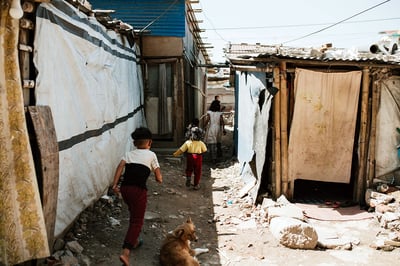 Financial need is an intense motivator for both trafficker and potential victim.
Financial need is an intense motivator for both trafficker and potential victim.
“Obviously being a suspected trafficker is particularly heinous, but I can tell you that poverty sometimes forces people to do things that they never wanted to do,” said Ryan Sobey, LJI’s VP of anti-trafficking. “In a trafficker’s perspective, it can seem almost justified in order to feed your family.”
On the other side, a potential victim may find themselves risking much more than they normally would, desperate to believe a trafficker’s false promise of security.
Displacement ties closely with poverty. We can see this now in Ukraine as 12 million refugees have fled their homes. Refugees are often weary, afraid, hungry, and in need of a place to stay. Volunteers stand ready to aid refugees at borders and neighboring cities, but it’s too easy for traffickers to disguise themselves in that role as well. In the chaos of war, it is difficult to monitor what happens to each refugee.
Natural disasters can also cause evacuations and extreme loss, making people vulnerable in the same way as war. When the 2011 earthquake in Japan caused a tsunami, it displaced about 300,000 people from their homes.
Finally, people can migrate simply for the hope of a better life. The UNODC suggests that media may have had a significant impact on this, as people see images of life in other parts of the world and imagine a better future there.
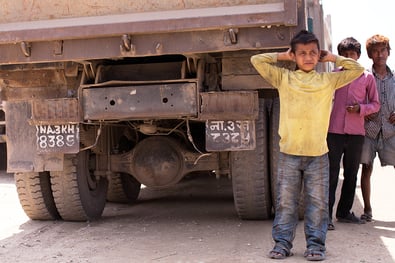 “Some parents sell their children, not just for the money, but also in the hope that their children will escape a situation of chronic poverty and move to a place where they will have a better life and more opportunities,” reads the UNODC toolkit above.
“Some parents sell their children, not just for the money, but also in the hope that their children will escape a situation of chronic poverty and move to a place where they will have a better life and more opportunities,” reads the UNODC toolkit above.
The problem with this is that migration separates people from their communities, increasing their risk of falling victim to trafficking. Additional factors that contribute to a person's vulnerability are homelessness and a lack of strong family or community support.
In a Polaris survey put out to trafficking survivors, 64% of respondents reported being homeless or having unstable housing at the time of their recruitment to trafficking.
A lack of support from family or community was also a common factor among the girls targeted by Jeffrey Epstein and Ghislaine Maxwell, the wealthy financier arrested in 2019 and his partner convicted of sex trafficking just last year.
An investigation by the Miami Herald cited in USA Today found that most of the girls victimized by Epstein and Maxwell “came from disadvantaged families, single-parent homes or foster care. Some had experienced troubles that belied their ages: They had parents and friends who committed suicide; mothers abused by husbands and boyfriends; fathers who molested and beat them. … Many of the girls were one step away from homelessness.”
Not having support from family or community can make a person much more willing to believe promises of support from a trafficker.
Finally, it’s important to understand the role that culture plays. Human life does not hold the same value everywhere. In many countries, there is a hierarchy of value which leaves some members of society more vulnerable than others. For a person growing up in such a culture, selling or trafficking someone at the bottom of the hierarchy may not seem as horrific as we believe it to be.
A reason to hope
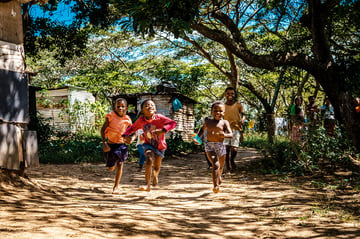
All of these causes of trafficking reflect unmet needs. Financial needs of traffickers, financial needs of victims, the need for human connection and familial support. We are all caught in a web of need.
This makes trafficking deeply tied to other world issues. Fighting poverty is fighting human trafficking. Building community is fighting human trafficking.
But it also gives us reason to hope—human trafficking is not unconquerable. We CAN be generous with people in need; we CAN tighten our communities; we CAN open our hearts and look out for the outcasts and foreigners among us.
“Give counsel; grant justice; make your shade like night at the height of noon; shelter the outcasts; do not reveal the fugitive; let the outcasts of Moab sojourn among you; be a shelter to them from the destroyer. When the oppressor is no more, and destruction has ceased, and he who tramples underfoot has vanished from the land, then a throne will be established in steadfast love, and on it will sit in faithfulness in the tent of David one who judges and seeks justice and is swift to do righteousness.” —Isaiah 56:3-5
*All data and statistics current at the date and time of publishing. Names changed and some specific locations excluded for privacy and security purposes.
-1.png?width=500&height=500&name=LJI_MAINLOGO_WhiteBackground%20(1)-1.png)



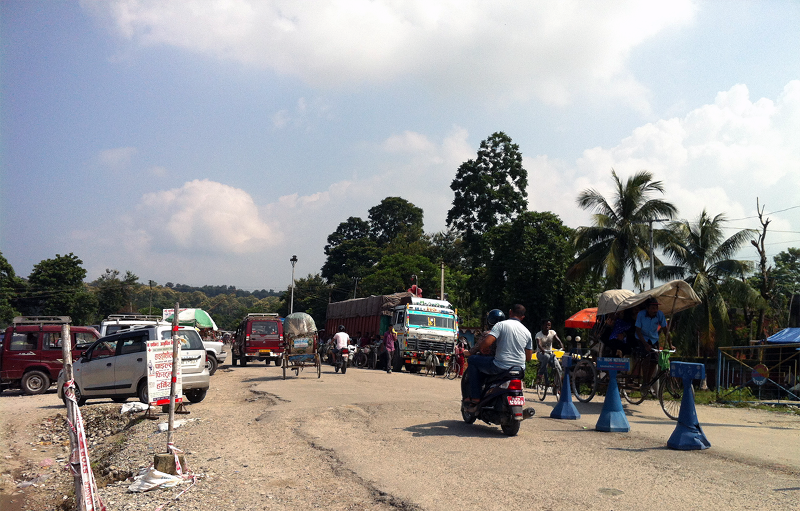
/bimala_feature_blog.webp)
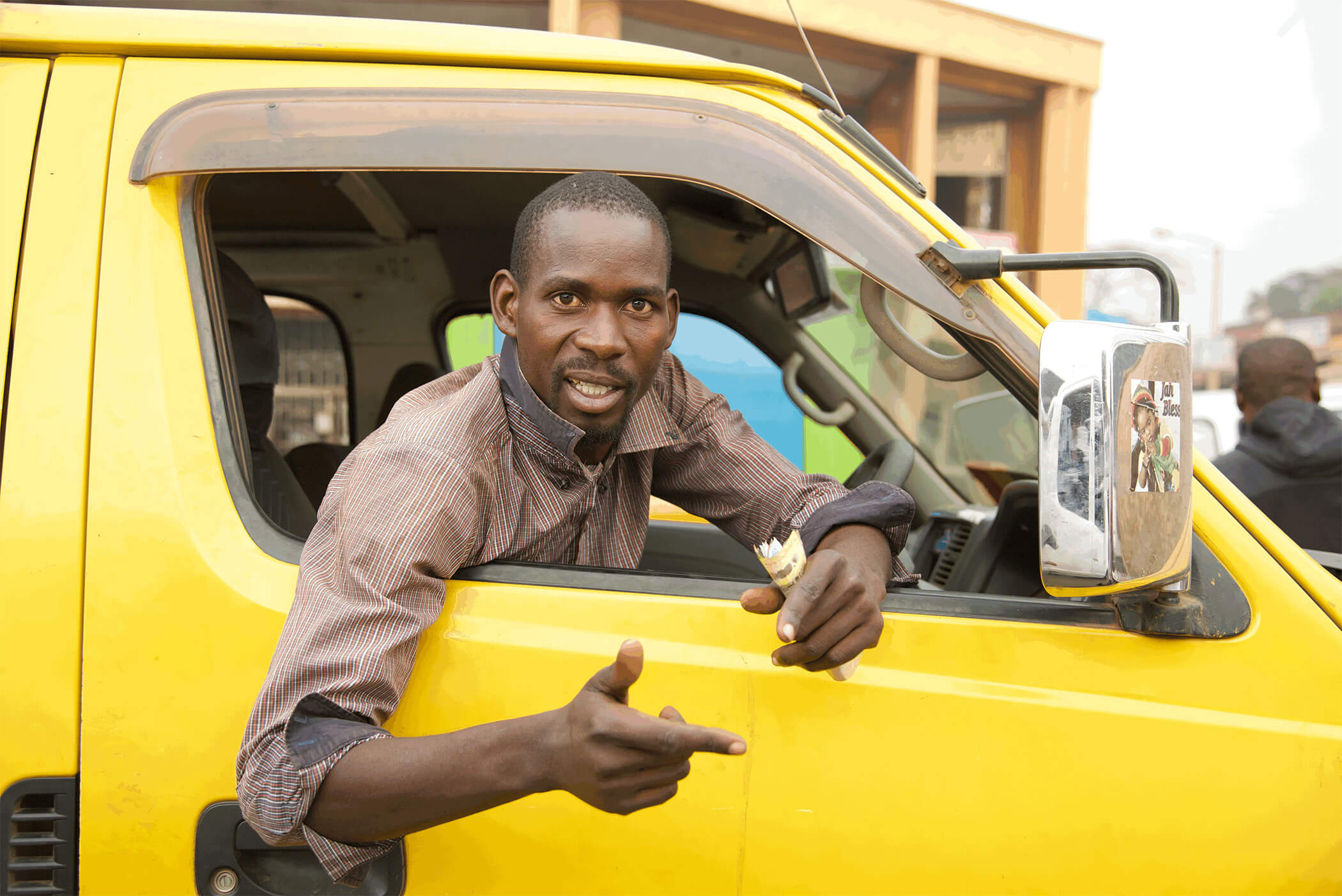
/boy_girl_asia_streets.webp)


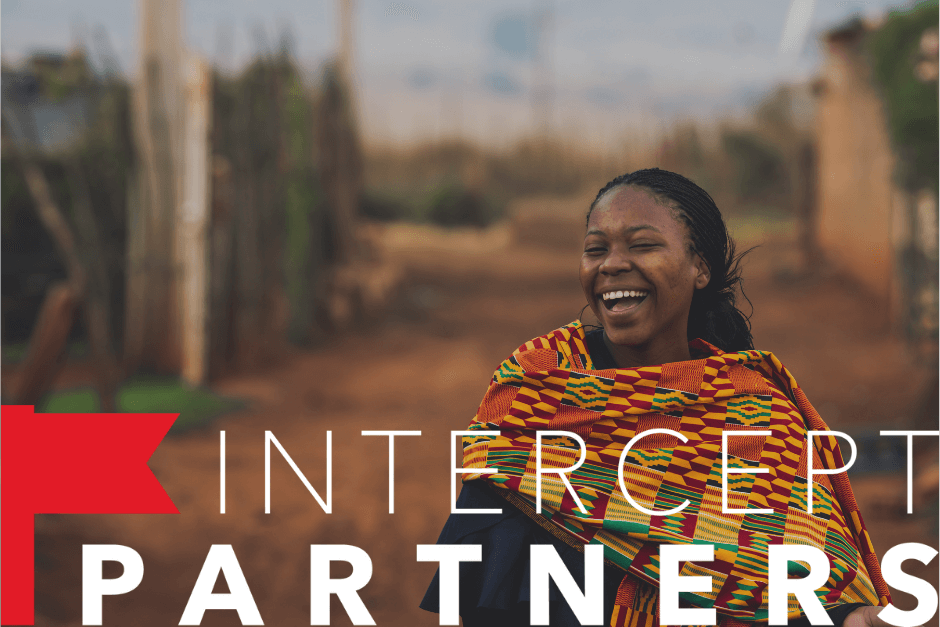

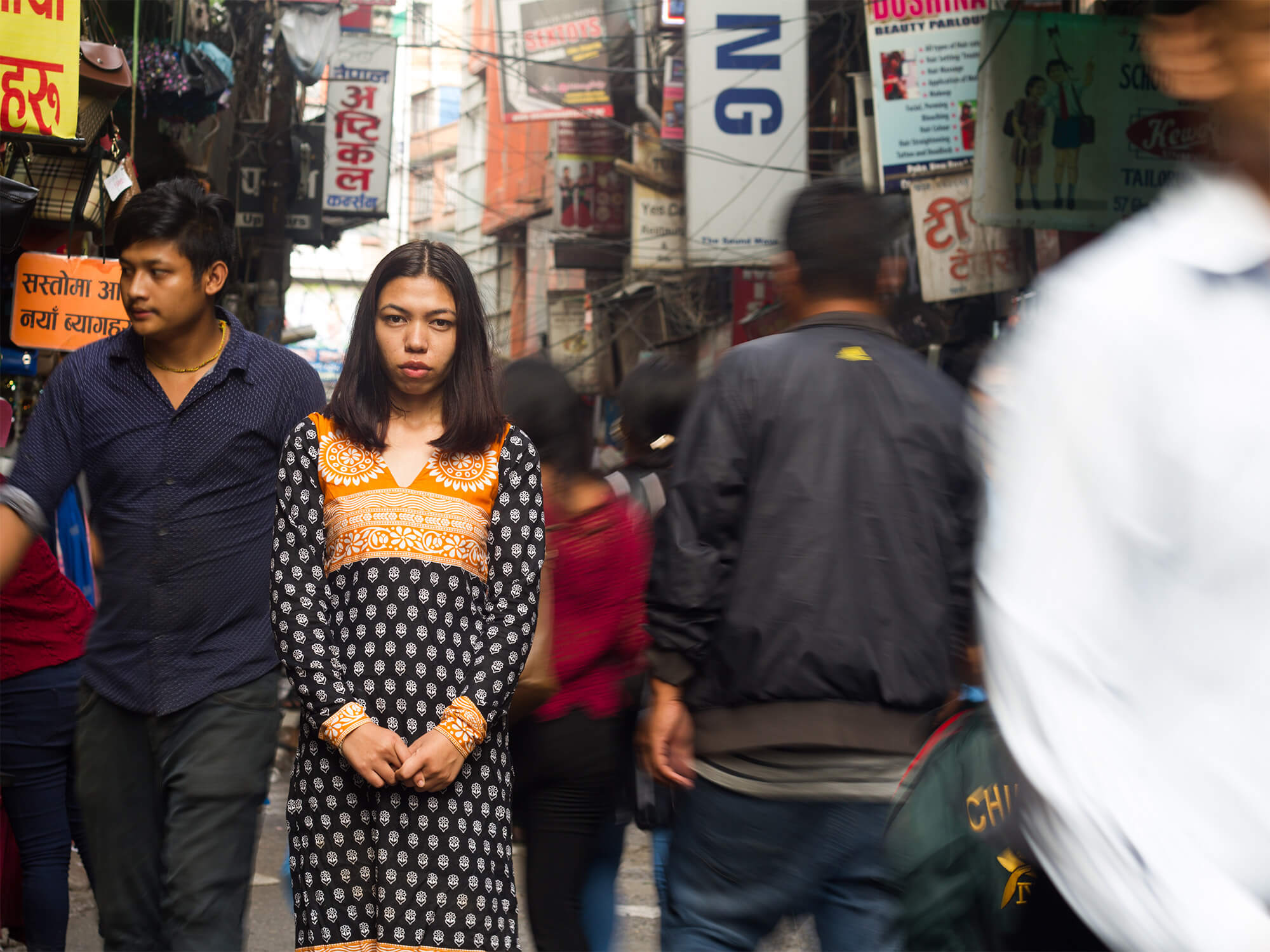


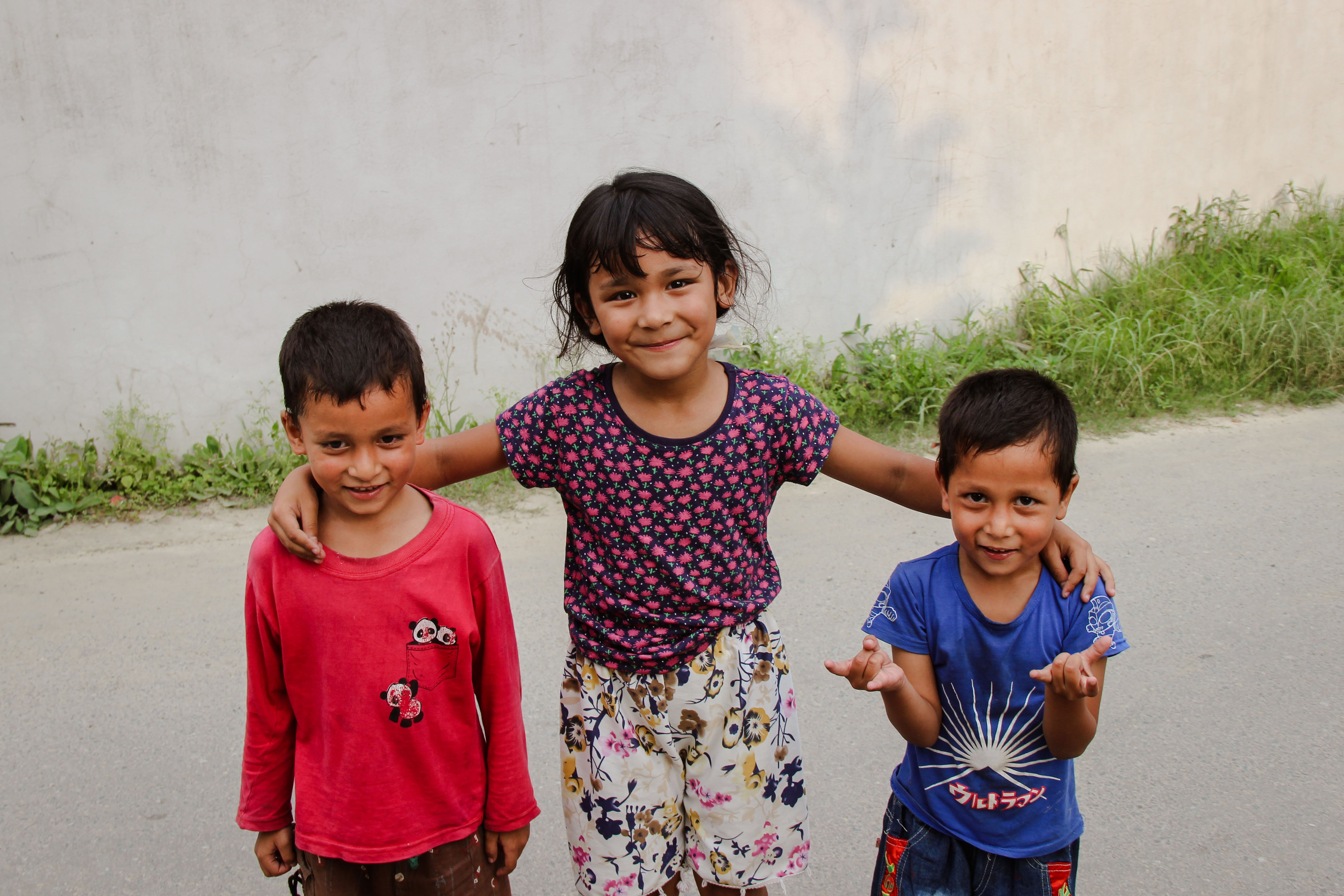
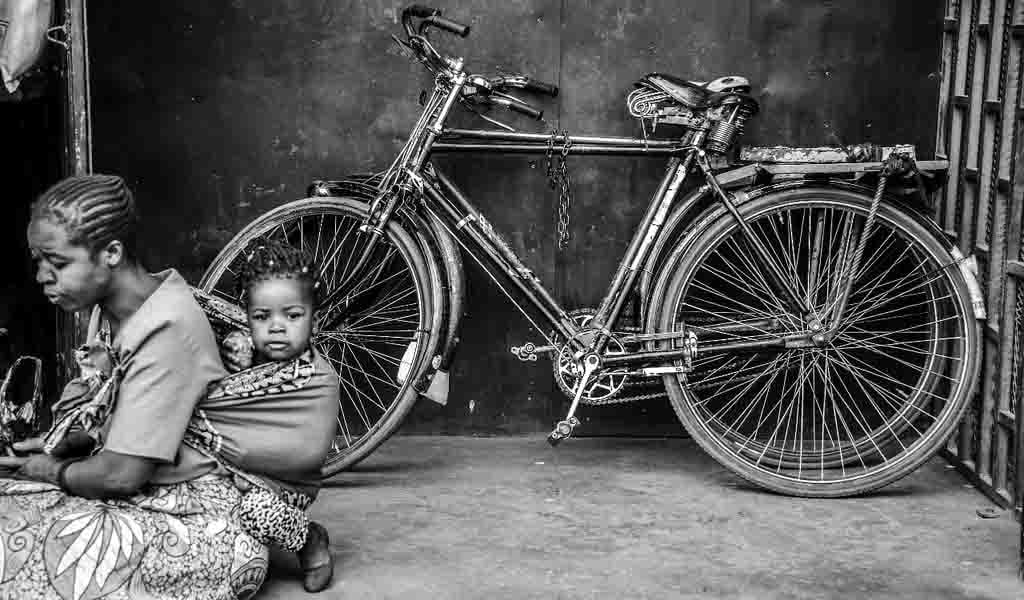

/young_woman_looking_out_end_human_trafficking.webp)
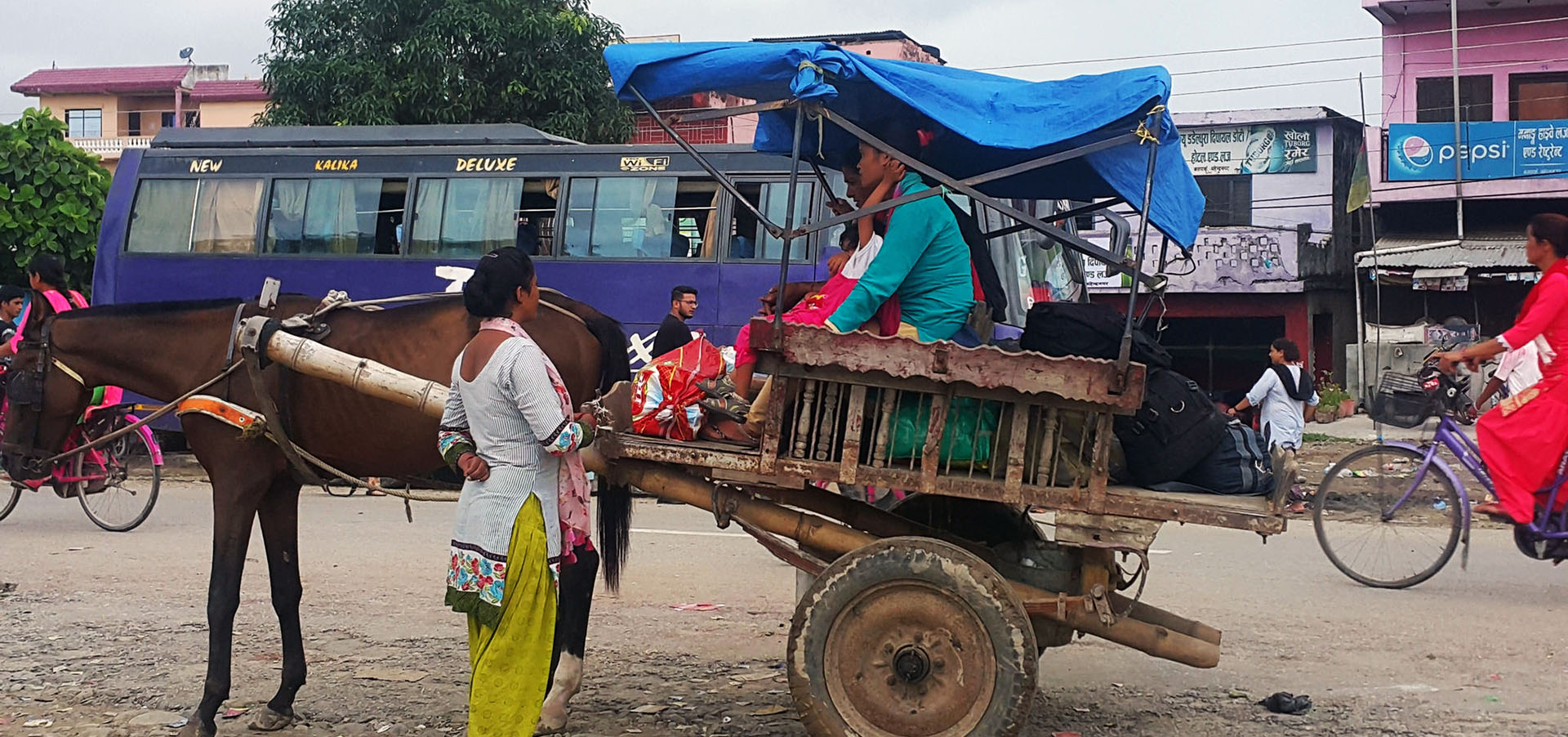
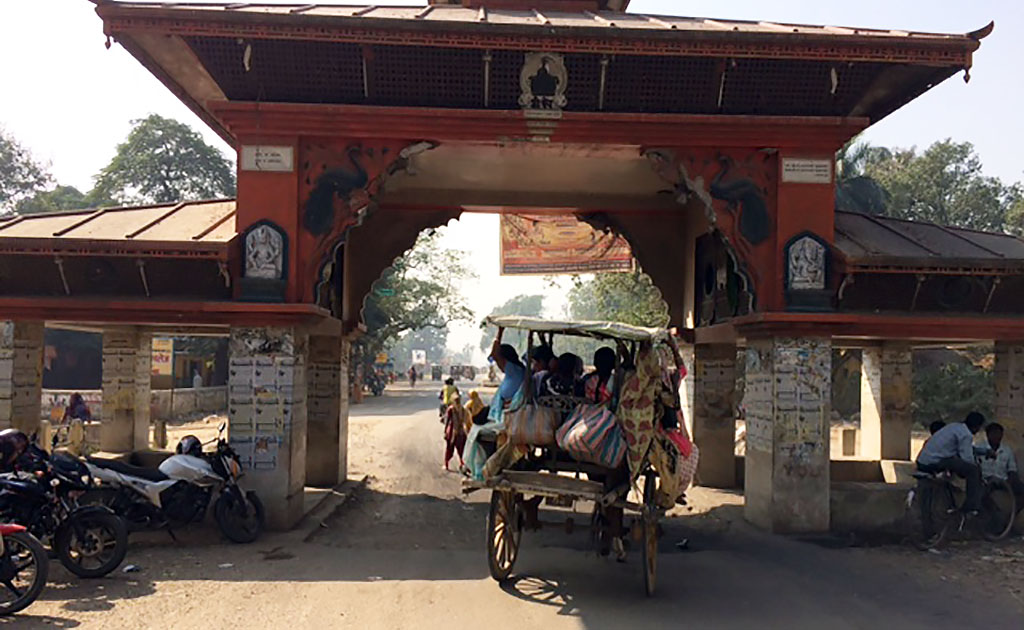
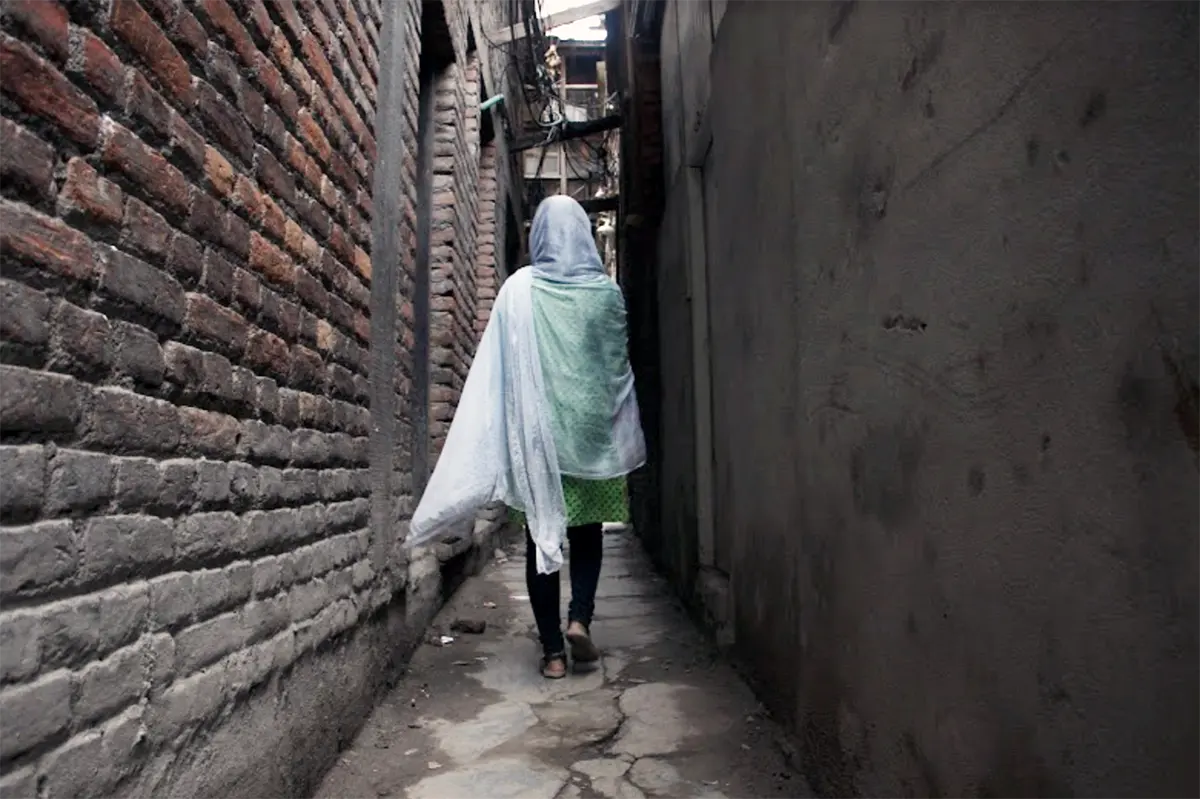
/lake_volta_end_child_slavery_trafficking_love_justice_1.webp)

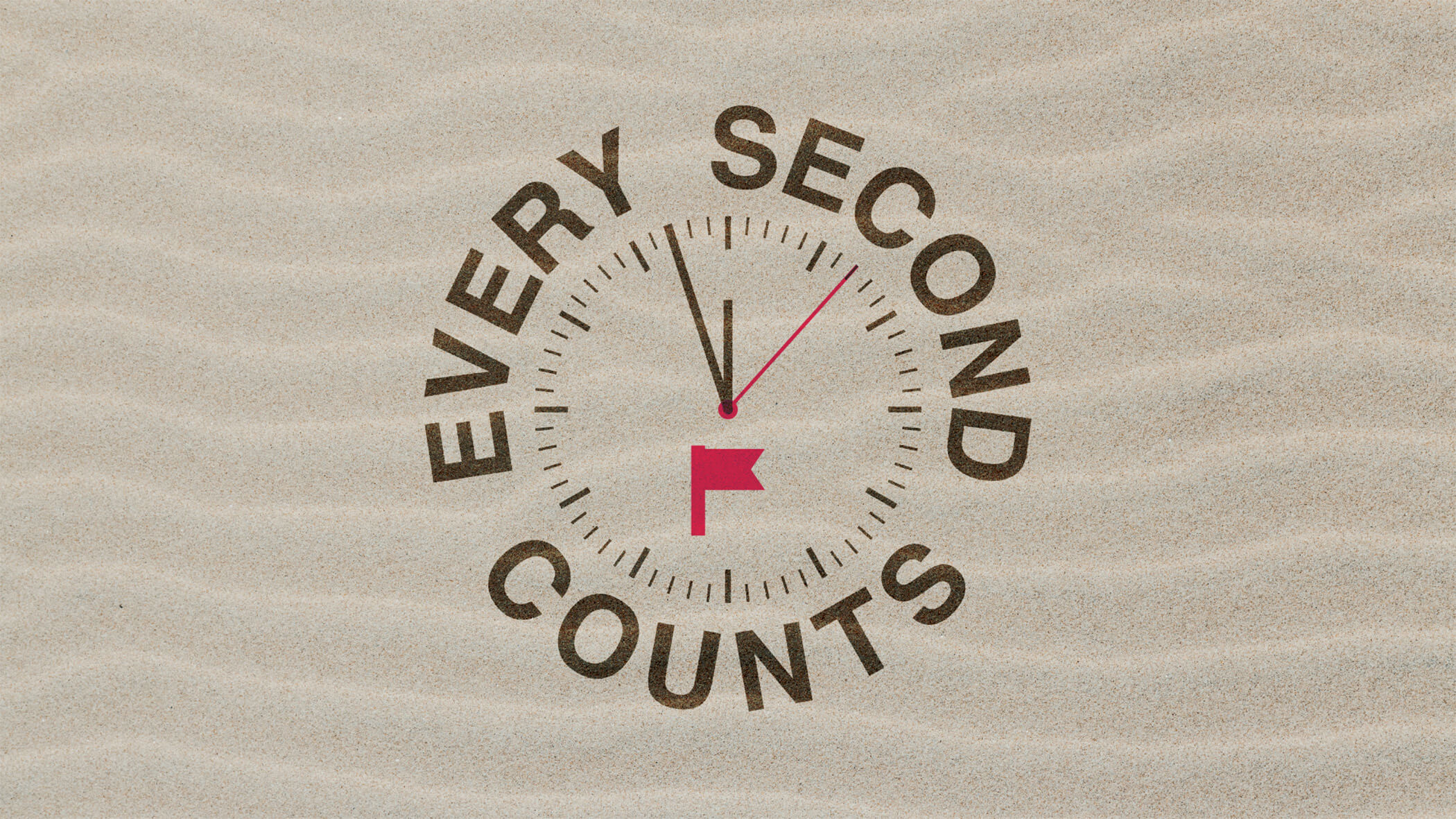
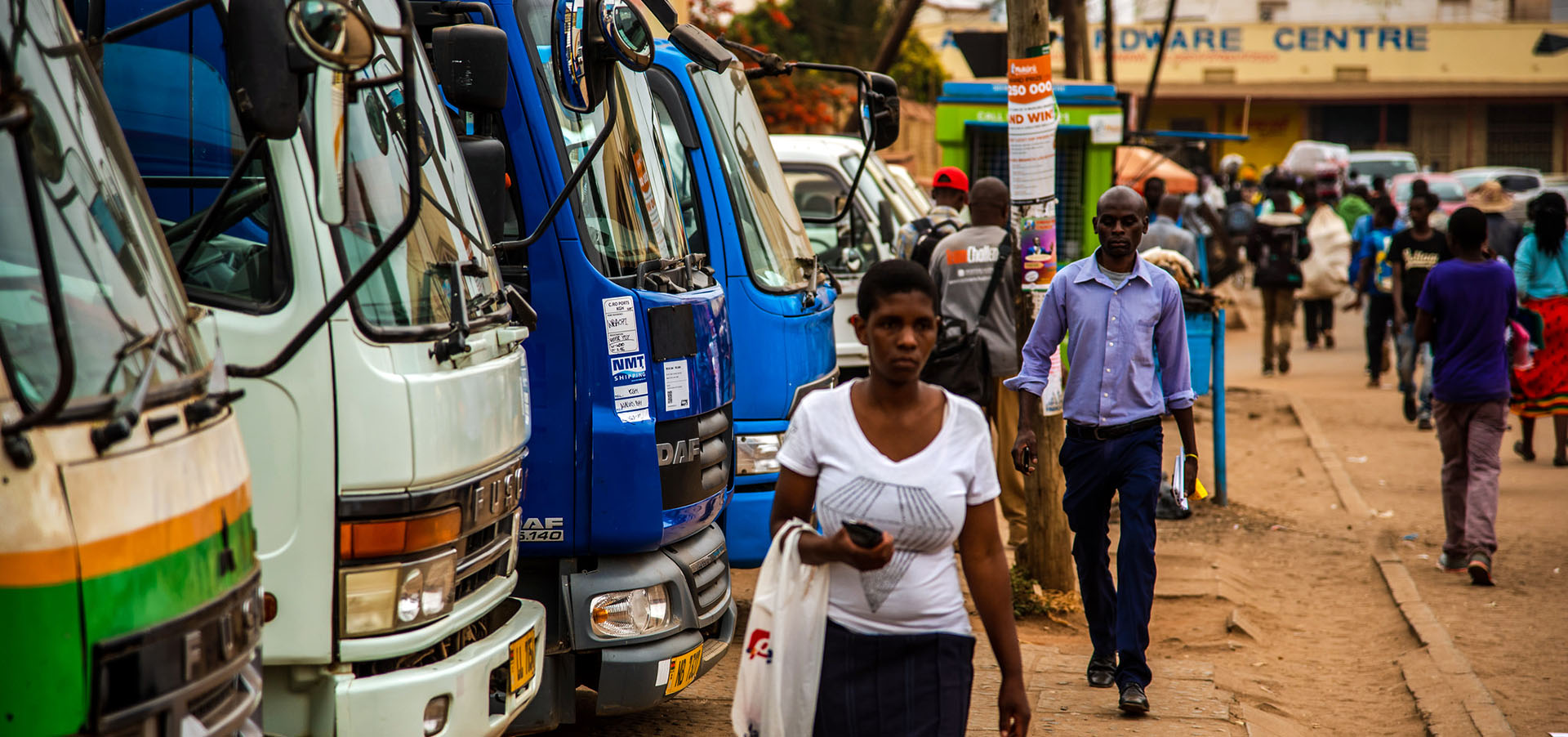




Post a comment